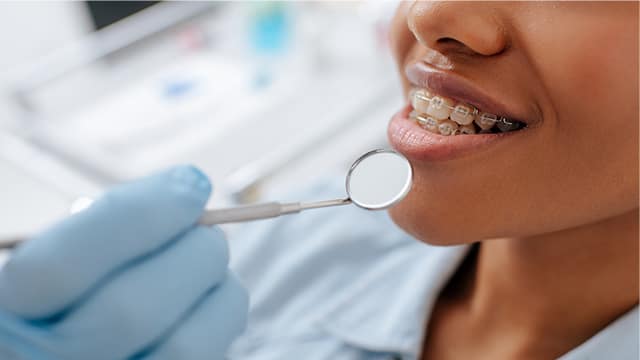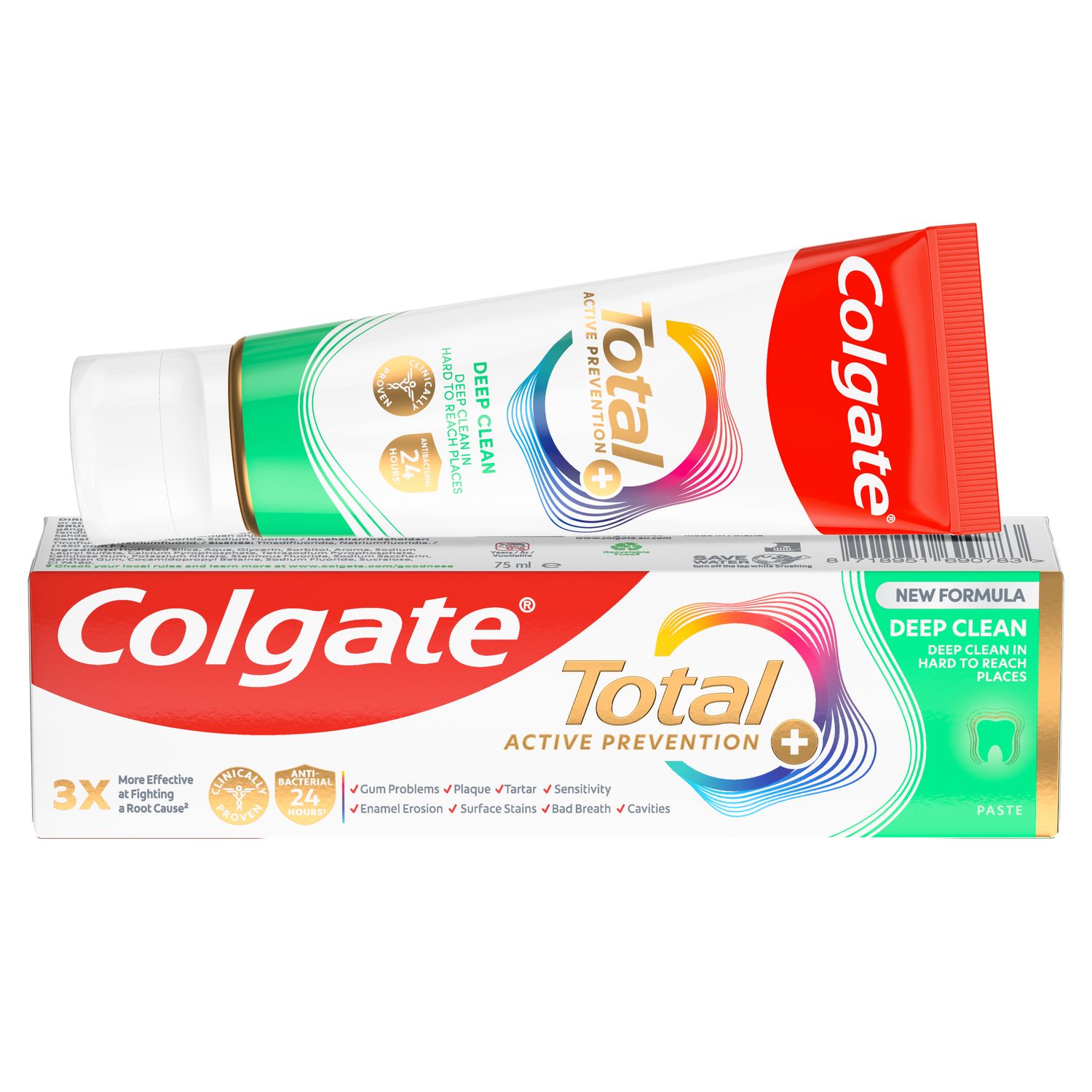-
-

CAVITIES
What Are Cavities? Causes & Prevention"Cavities" is another way of saying tooth decay. Tooth decay is heavily influenced by lifestyle...

TEETH WHITENING
Why Should I Whiten My Teeth?Maybe you've always wanted a beautiful white smile. Or your teeth have yellowed over time...
-
Science & Innovation
- ORAL HEALTH CHECK
- PRODUCT MATCH
- Colgate® | Toothpaste, Toothbrushes & Oral Care Resources
- Oral Health
- Dental Implants: A Permanent Tooth Replacement to Consider


One of the most notable technological advances in dentistry has to be the development of dental implants. Prior to their launch, the only options available to people who had lost a tooth were bridges or dentures. Dental implants offer an attractive and comfortable solution for those who have lost a tooth to decay or injury, providing a permanent replacement option that looks and feels like a real tooth.
Advantages of Dental Implants
Because a dental implant feels and looks like a normal tooth, it can do wonders for a patient's self-esteem. Many people who were shy about smiling due to a space from a lost tooth feel perfectly comfortable after a dental implant. Beyond the aesthetics, a dental implant also makes it easier to eat and speak, since a titanium post secured directly in the jaw holds the implant in place. Thus, an implant doesn't come loose like a denture. Dental implants also benefit general oral health since they do not have to be anchored to other teeth, like bridges.
Dental Implant Success Rates
Dental implant success can depend on where the missing teeth are located, but the average success rate is more than 95 percent, according to the American Association of Oral and Maxillofacial Surgeons (AAOMS). Because the implant penetrates the jaw bone and gum, certain people may not be a good fit for the procedure, such as those who smoke or suffer from diabetes. Your dentist will be able to evaluate whether dental implants are right for you.
Caring for a Dental Implant
Good oral health habits are required for the implant to be a success. Teeth must be flossed and brushed and regular dental visits should be made. If you are missing a tooth and believe a dental implant might be the right solution for you, start by consulting your dentist.
This article is intended to promote understanding of and knowledge about general oral health topics. It is not intended to be a substitute for professional advice, diagnosis or treatment. Always seek the advice of your dentist or other qualified healthcare provider with any questions you may have regarding a medical condition or treatment.
Related Articles

Brushing and flossing
Family Guide To Oral HealthFollow our family guide to oral health. Learn about common dental issues and preventive measures for the whole family.

Brushing and flossing
How To Floss
Brushing and flossing
Why is dental flossing good for gums?Daily flossing helps to prevent gingivitis by removing plaque and food debris, keeping your teeth and gums healthy. Learn more.
Related Products

Helping dental professionals
More professionals across the world trust Colgate. Find resources, products, and information to give your patients a healthier future








